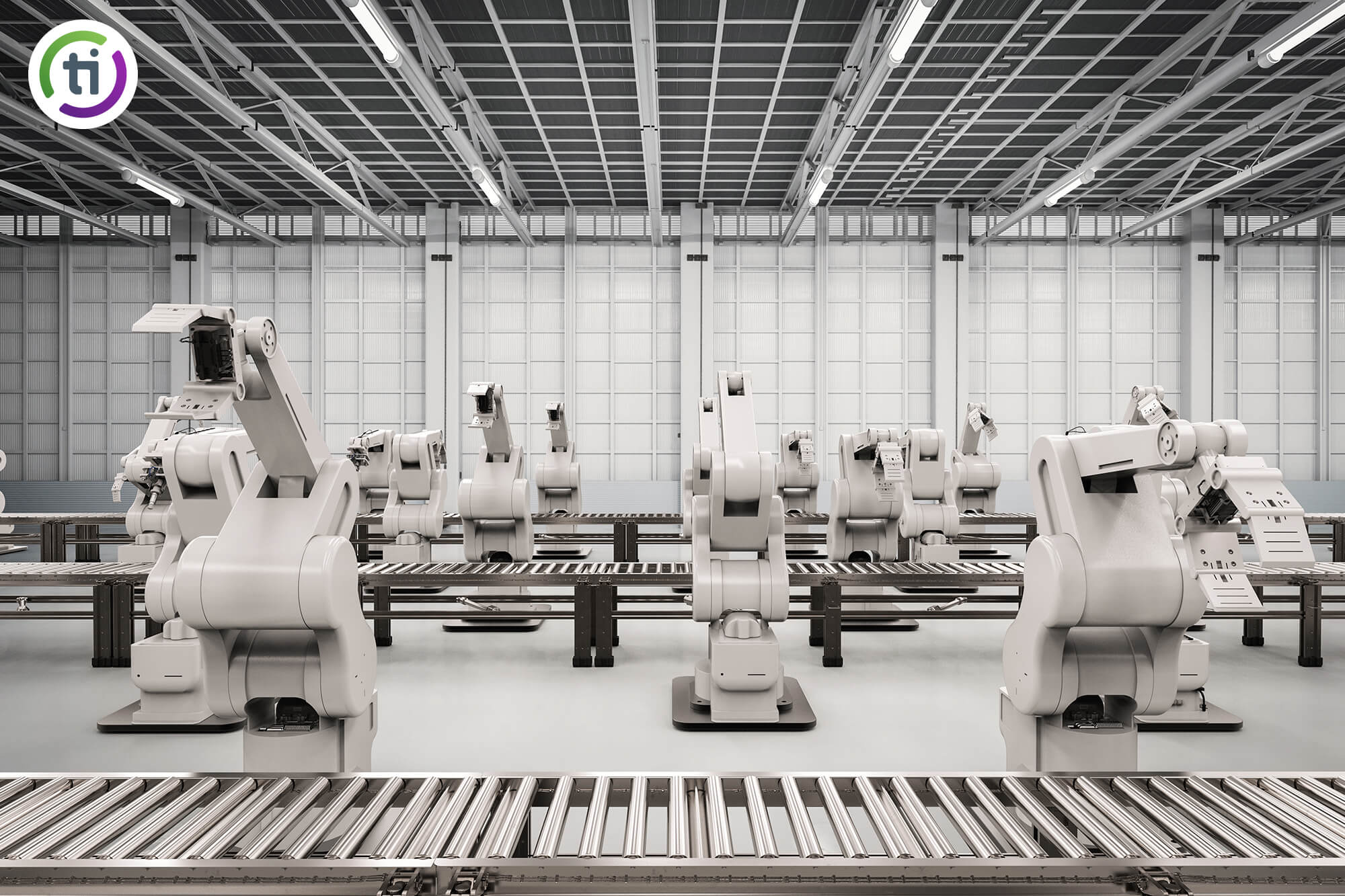Automation makes it possible for machines to perform human tasks more efficiently than ever before. In January consultant McKinsey & Company conducted a study that concluded that almost any occupation has the potential to be automated. It is estimated that more than half of the activities performed by workers in the world can be automated using the technologies that exist. Which means that this estimate is not a hypothesis, it is a reality and it is only a matter of time.
But, in fact, all jobs can be replaced by robots? It is true that technology has facilitated many human tasks, however, there is a series of works that require some key elements, which no robot will be able to replace: intuition, creativity, innovation, compassion, imagination. The works that are based on these characteristics will probably be affected by the advent of new technologies, but will never be totally replaced.
- Preschool and primary teachers: We can never leave our children in the hands of machines. A robot will never be able to kneel next to a child to comfort him, or teach them what is right and what is wrong and why. That sentimental element and values like compassion and empathy cannot be transmitted by a machine. A robot cannot teach a child as a human being, if you want them grow up as good persons, you have to educate them by humans, just like them.
- Creative Arts: From music and painting to theater and dance, these professions are pure human expression and have never been replaced. It is true that technology has modified this sector with tools like Photoshop or music mixers, but they will never substitute human creativity. Both people who dedicate themselves to these arts to people who dedicate to teach them, will never be replaced.
- Health care and medicine: Many elements of medicine can be automated, but there are many others that computers simply are not capable of handling, for example: making tough decisions, dealing with the human psyche, etc. Psychologists, psychiatrists and other mental health professionals. There is too much behind the understanding and treatment of the human mind. Simply, humans are better equipped to treat and understand other humans.
- Education: Technological advances have changed and will continue to change education, but they will never eradicate the need for human teachers. For example, teaching subjects that are not as objective as mathematics or science, which are not simply based on objective knowledge, such as arts, literature, music, philosophy.
- Lawyers: Imagine that you are arrested and to take your defence to the jury you hire a robot. Impossible. All legal procedures have too many nuances, so I will need people who reason and work with complex laws and advocate for clients or the government.
Undoubtedly, the workforce as we know it today will change completely in the next 10 and 20 years. But some trades and professions, though surely modified by technology, will never succeed in being completely replaced. The human component of trust, empathy, intuition are entirely human and they will never have been replicated by any computer.
TinkerLink, experts recommended by people you already know.




